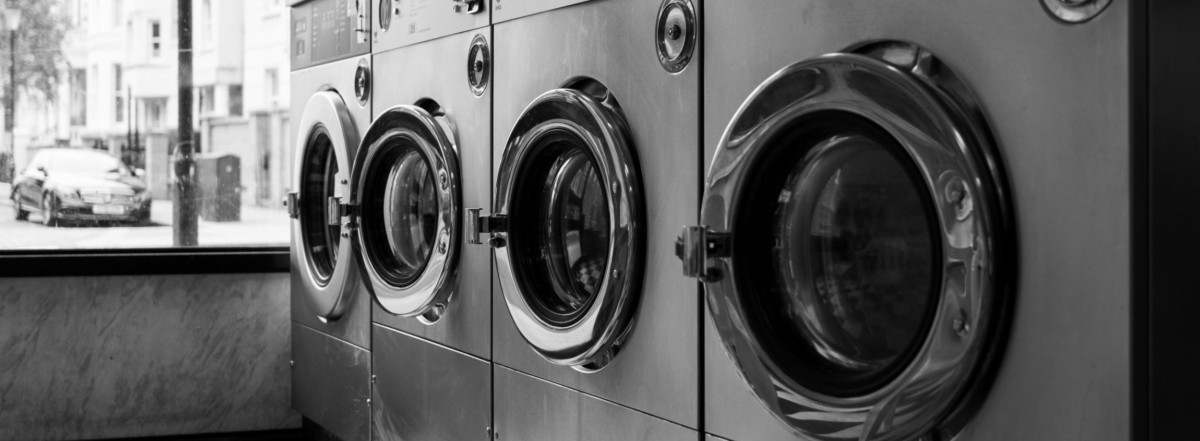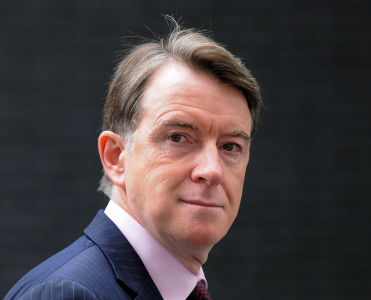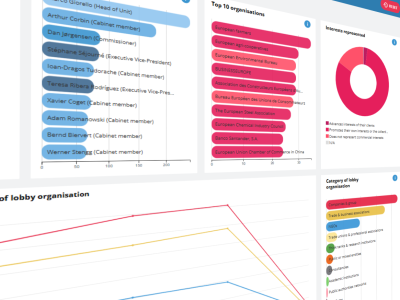The FinCEN files, released yesterday by the International Consortium of Investigative Journalists (ICIJ) and BuzzFeed News, highlight the need for better anti-money laundering measures in the European Union in the form of an independent supervisory body and financial intelligence unit.
The investigation shows that in a number of cases, the assets of people accused of corruption and crime either originated, passed through, or ended up in the coffers of EU banks.
Laure Brillaud, Senior Policy Officer for Anti-Money Laundering at Transparency International EU said “Banks, including those based in the EU, are not doing enough to recognise illicit cash and halt its flow. We are seeing banks repeatedly carry out transactions for clients that they have themselves labelled as suspicious. It is also extremely worrying that only 11 member states have met the January 2020 deadline to transpose the latest EU rules to combat money laundering.”
Between 1997 and 2017, 58 suspicious activity reports were filed against Oleg Deripaska a close ally of Vladimir Putin and once Russia’s richest man reportedly involved in organised crime. However, this did not prevent banks from proceeding to more than 2,000 transactions under his name. These transfers added up to $12.41 billion, that was routed through 61 banks including banks based in Latvia and anonymous companies registered in British Virgin Islands and Cyprus. The files show that the transactions routed through Europe went unchecked and were only flagged after the fact.
Banks in 25 EU member states were also named as destination, transit, or origin account for suspicious money. It should be also noted that the FinCEN files represent a very small fraction of suspicious activities and previous scandals have already shown the role of EU banks and systemic supervisory failures to stop dirty money.
“The EU must urgently step up its game in the fight against money laundering,” continued Brillaud, “year after year we see scandals emerging in which Europe acts as a safe haven for these people and their stolen assets. The patchwork of money laundering legislation across member states and the failure of many countries to implement EU rules is a huge problem. As this issue is cross-border in nature, we need to set up an anti-money laundering supervisory body and a financial intelligence unit at EU level to help detect wrongdoing and harmonise regulation. These bodies must also be able to step in to enforce the rules to prevent this from happening again.”
It must also not be forgotten that these types of revelations would not come to light without the tireless work of investigative journalists and brave whistleblowers. We also call on the EU and national governments to afford them protection as they shine a light on corruption.
Note to editors
Transparency International EU has long been calling for the establishment of an anti-money laundering supervisory body. Most recently we submitted a response to the a European Commission Public Consultations with a number of TI offices around the European Union. The submission is available here.




